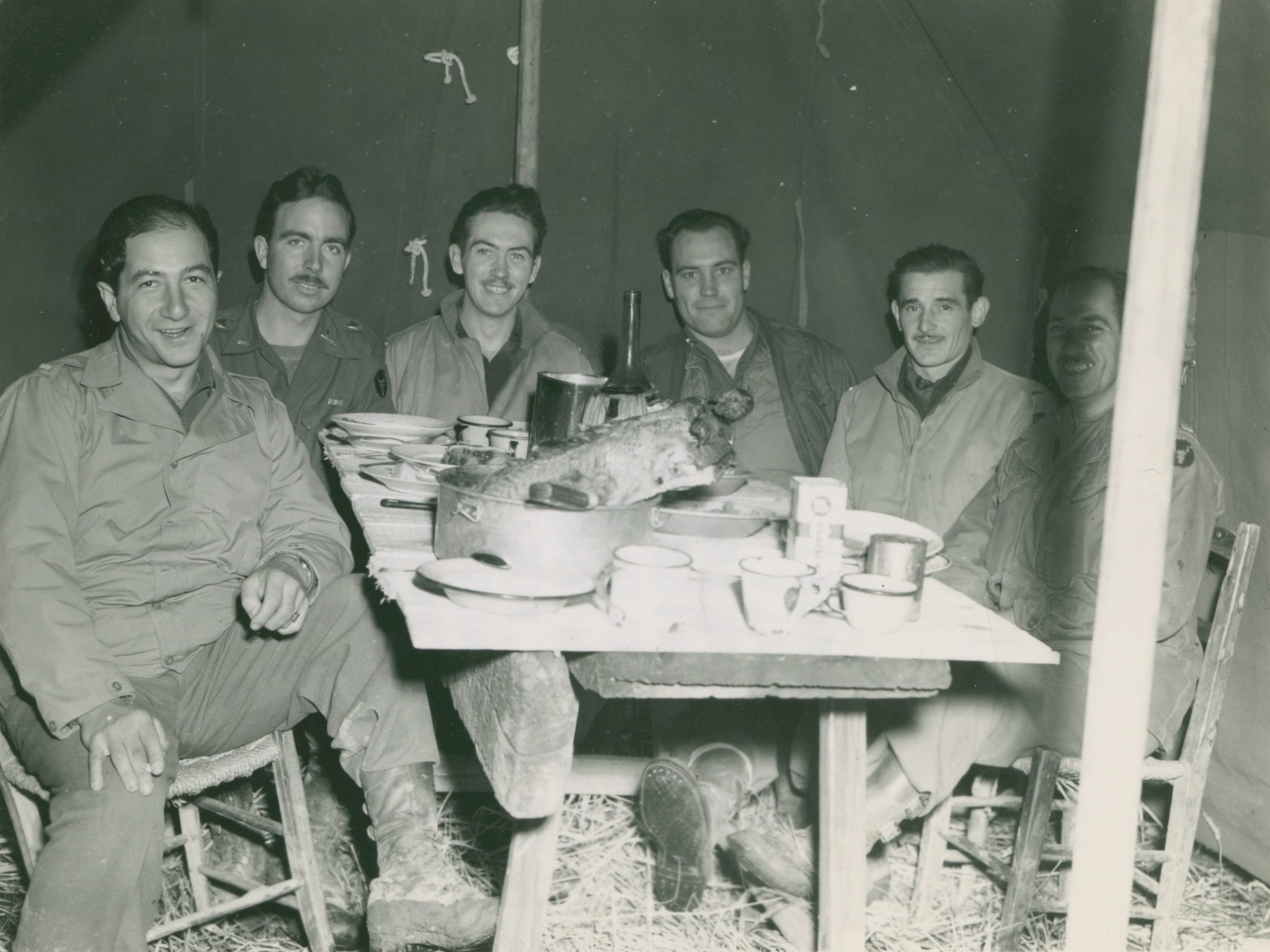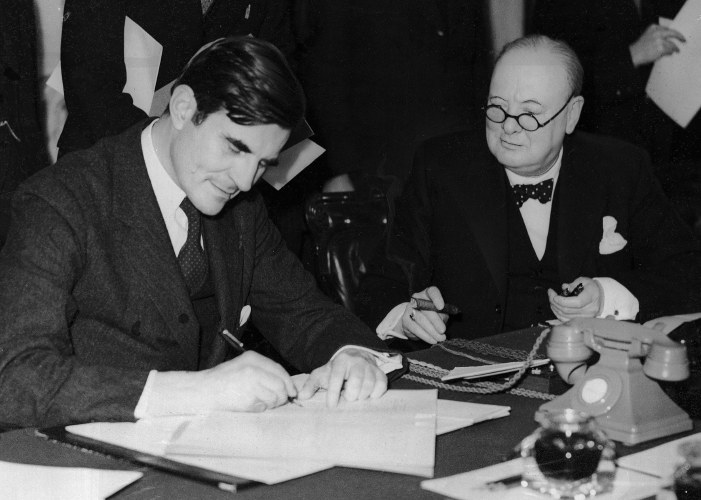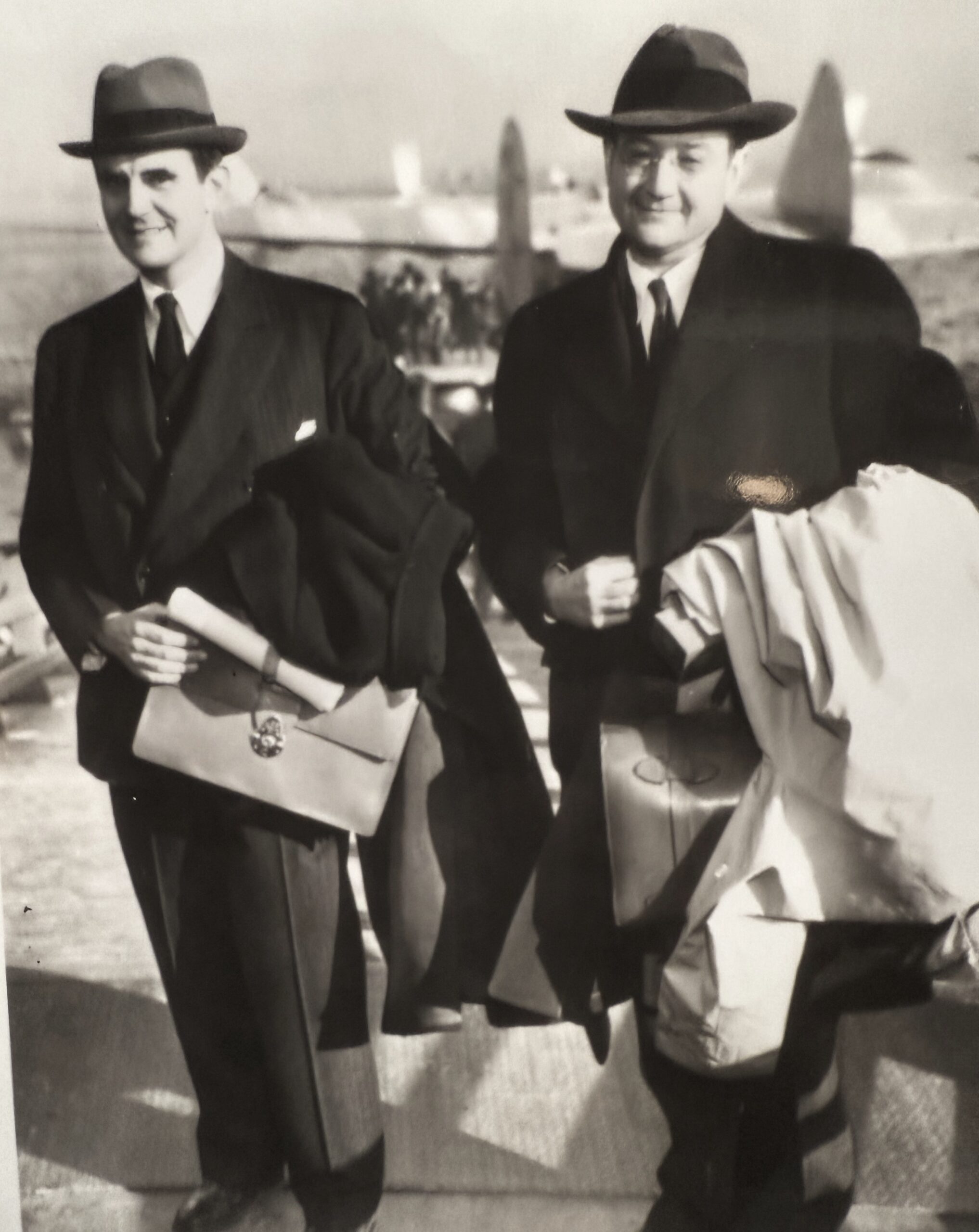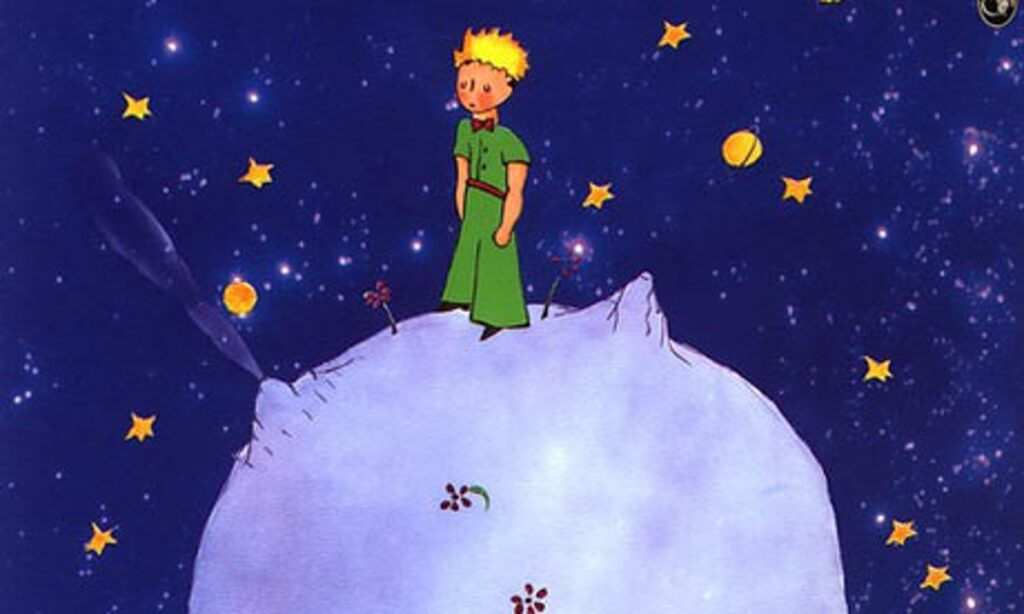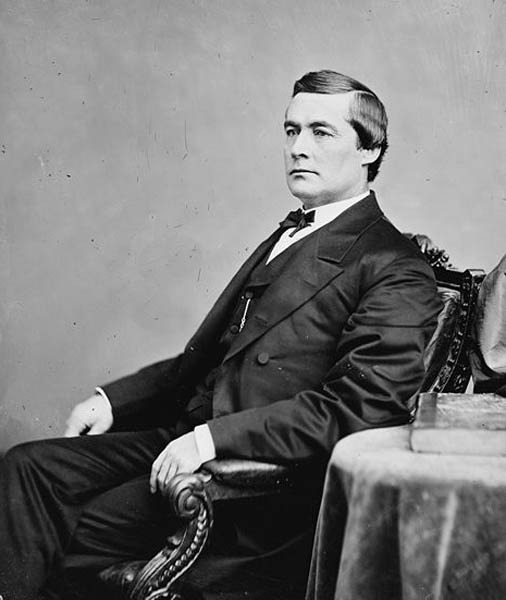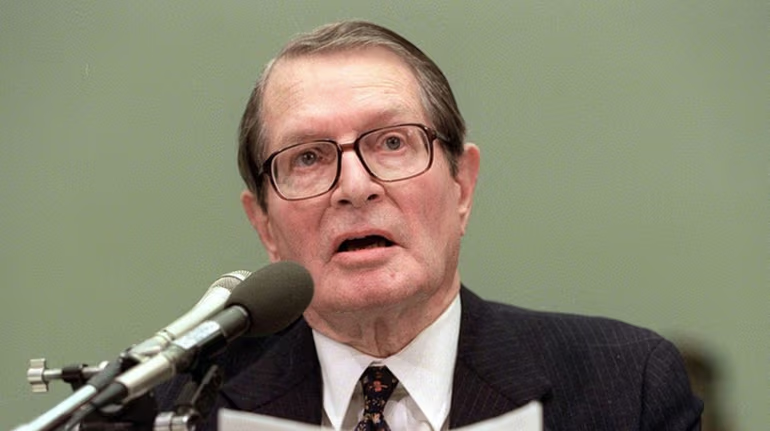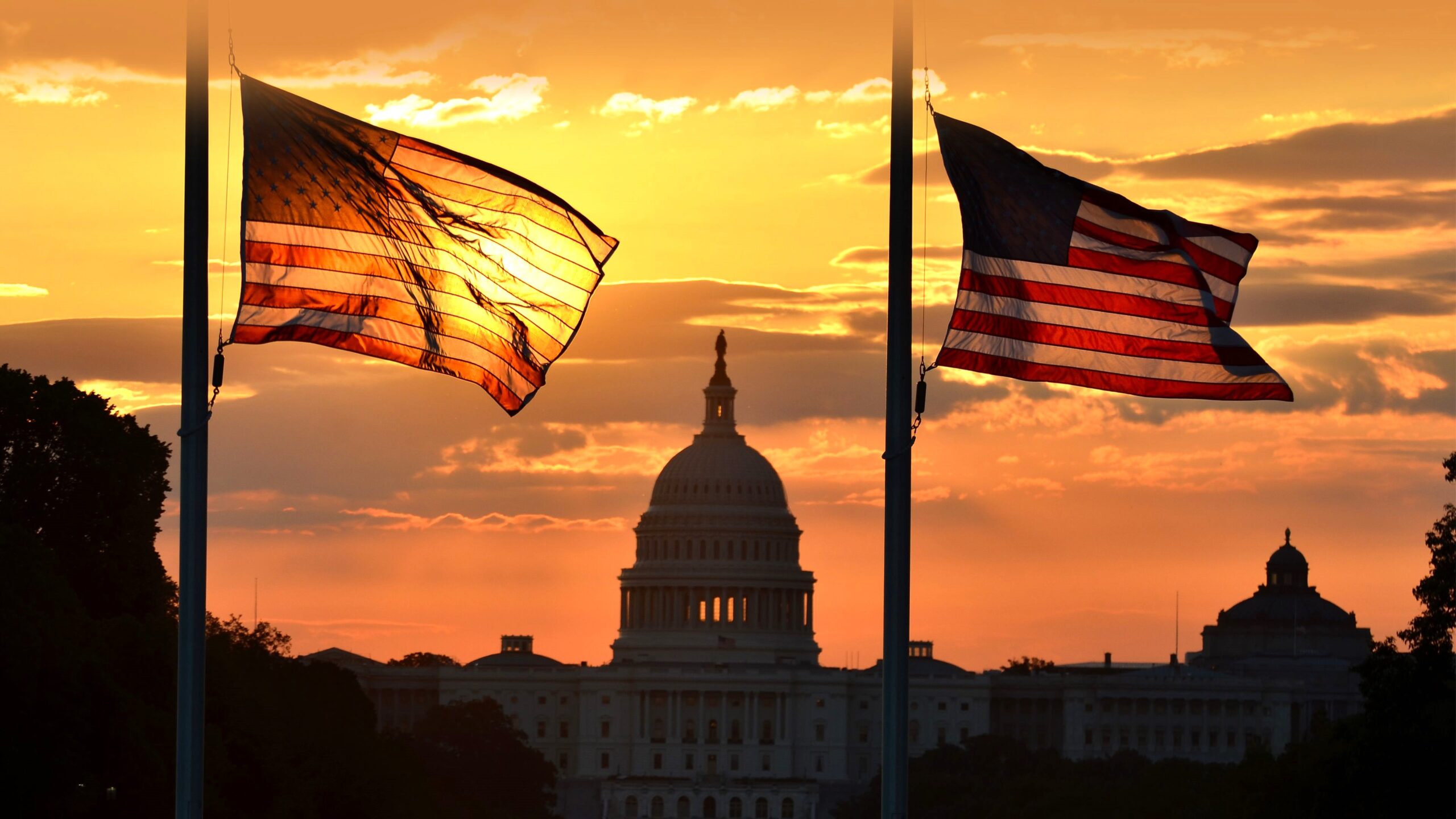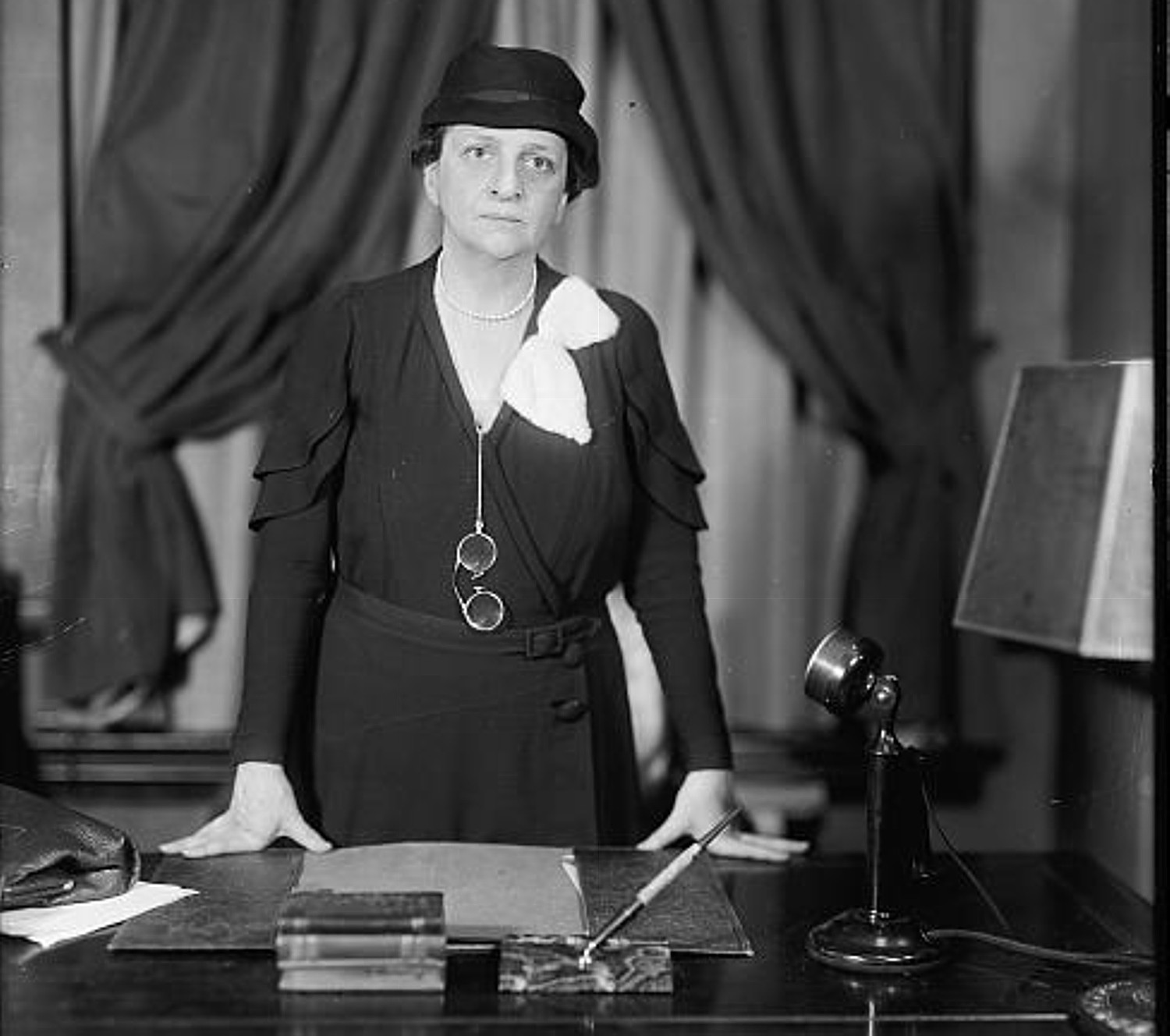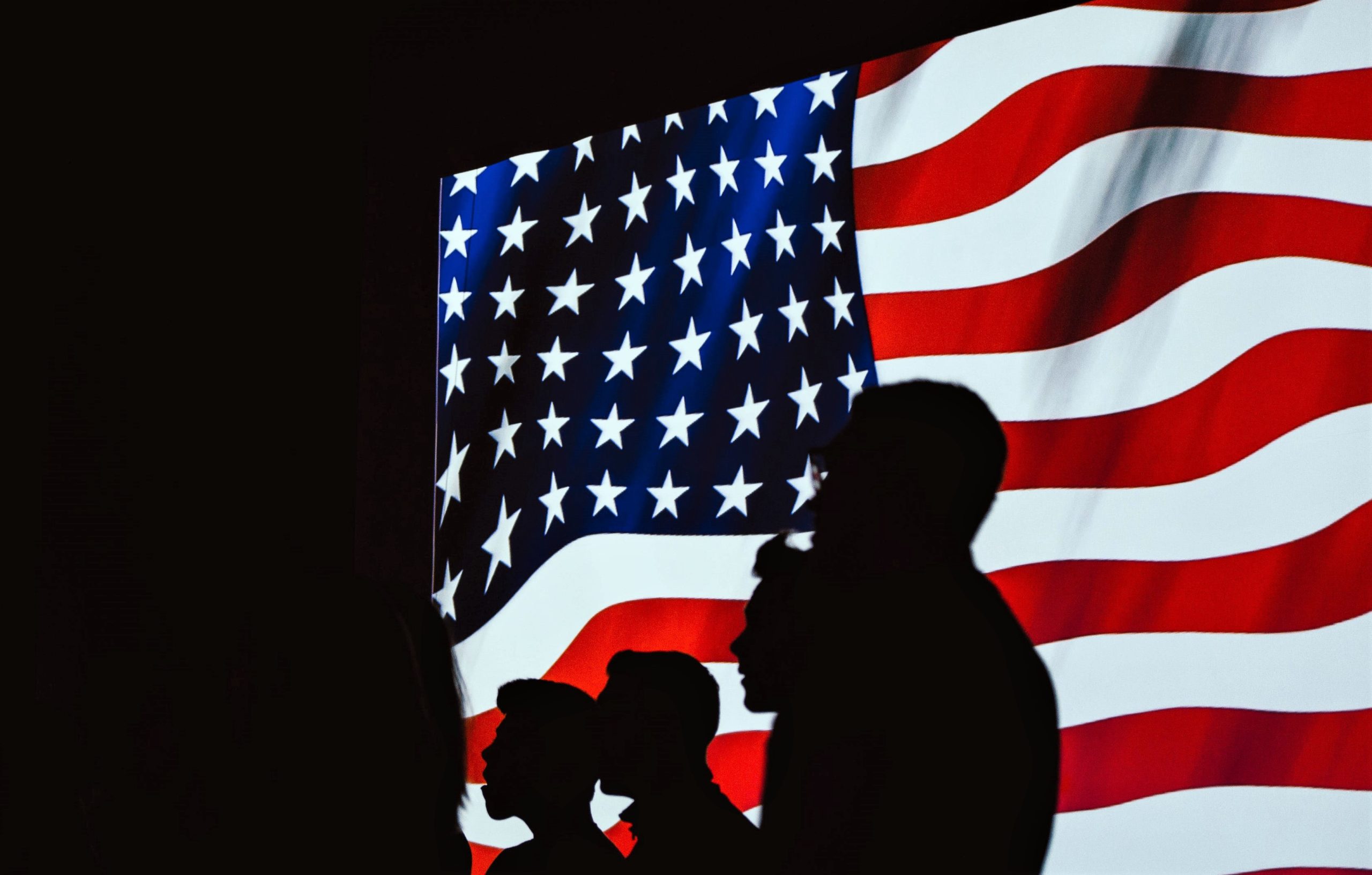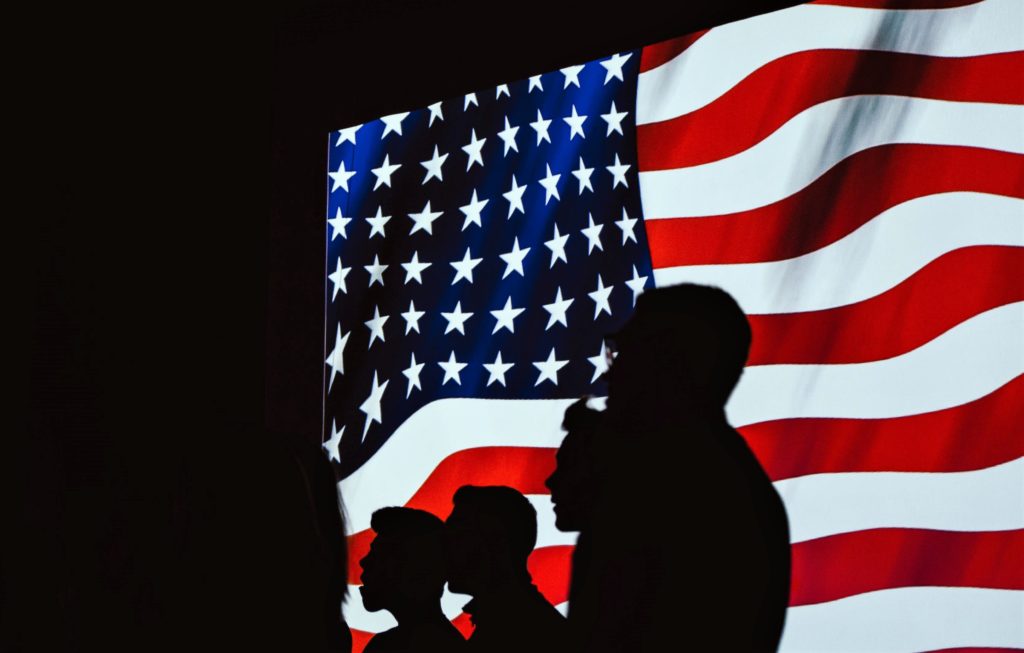
photo – Brett Sayles
With Republicans’ utter lack of integrity in cowering to President Trump’s daily recklessness, their blatant irresponsibility in not passing a much-needed stimulus bill to help the very blue-collar families that support the president, and the thousands of supporters marching in streets chanting the same “rigged election” messaging by Trump, each day the country grows more combative.
As of November 17, former vice president Joe Biden received 79,036,386 popular votes, 50.9 percent of the total. President Donald Trump received 73,343,093 votes, 47.3 percent.
Analysts have calculated that the divide is between rural and urban America. For decades, rural Americans have felt marginalized by the power elite in Washington and liberals in key urban states. Their anger, some of it justified, has always been there; mistrust — fueled by misinformation and false conspiracies — has been there until Donald Trump’s relentless torrents of dishonesty provided the oxygen for it all to explode.
While Trump supporters loudly proclaim their first amendment rights to shout and angrily confront others in street rallies with false messages, they ignore two important ethical values: respect and responsibility. As Justice Oliver Wendell Holmes, Jr. famously remarked, the amendment does not give one the right to “falsely shout fire in a theater causing a panic.” And Donald Trump has become a grand-master of Holmes’ point, serving to amplify the anger, mistrust, and panic aimed at institutions and individuals, many of whom he appointed then fired when they did not live up to his expectations, if not orders.
If we can’t agree on basic information – that each year brings more tropical storms and hurricanes than previous years; that vaccinations fight disease – if we view everything through a political lens, we will be moving back into a dark age where all information is relative; where right and wrong are subject to interpretation; where heretics of that rationale were burned at the stake no matter how evidenced-based their studies proved, and the nation’s leaders placed self-interest ahead of the interests of its citizens.
The country is bleeding from doubt, denial, and distrust where misinformation has become coin of the realm.
In a speech addressed to supporters and non-supporters, Biden declared, “This is the time to heal in America. … I pledge to be a president who seeks not to divide, but to unify – who doesn’t see red and blue states, but a United States.”
However, Trump has so indoctrinated his supporters with cynicism and falsehoods that many willfully object even to the suggestion of unification.
“My Democratic friends think Biden is going to heal everything and unify everyone,” said Jeanie Smith, who attends the more conservative Spring Street Gospel Church in Mason, which is about 100 miles west of Austin. “They are deceived.”
“Now you want healing,” she added. “Now you want to come together. You have not earned it.”
Two months before the Civil War would end, Lincoln spoke of healing at his second inaugural address.
“With malice toward none with charity for all with firmness in the right as God gives us to see the right, let us strive on to finish the work we are in to bind up the nation’s wounds…”
One month later, Lincoln would be assassinated by a radicalized actor who fervently believed he was on the right side of history, that he spoke for hundreds of thousands of southerners who felt disenfranchised, that their way of life had been stolen from them even though the mechanism that maintained that life was morally wrong.
“After being hunted like a dog,” John Wilkes Booth wrote in his diary, “through swamps, woods, and last night being chased by gunboats till I was forced to return wet, cold, and starving, with every man’s hand against me, I am here in despair. And why? For doing what Brutus was honored for. What made Tell a hero?”
After Michigan’s governor, Gretchen Whitmer, announced strict standards for businesses and residents to try to slow the spread of the virus, Trump urged rally-goers to “Liberate Michigan!” Last month, the FBI uncovered a plot to kidnap and possibly murder Whitmer by an anti-government group.
Like Booth, Trump supporters are equally fervent, and uniformly believe that their way of life has been stolen by liberal Democrats and a “rigged” election.
In the film, Lincoln, the 16th president’s exchange with Confederate Vice President Alexander Stephens about ending the Civil War mirrors, in part, our own division and offers a plea for stability.
“How have you held your union together,” Stephens challenges Lincoln, “through democracy? How many hundreds of thousands have died during your administration? Your Union, sir, is bonded in cannon fire and death.”
“It may be you’re right,” Lincoln concedes. “But say all we’ve done is show the world that democracy isn’t chaos, that there is a great invisible strength in a people’s union? Say we’ve shown that a people can endure awful sacrifice and yet cohere? Mightn’t that save at least the idea of democracy to aspire to, eventually to become worthy of? At all rates, whatever may be proven by blood and sacrifice must’ve been proved by now. Shall we stop this bleeding?”
Can we restore our faith in democracy and each other? Can we recognize our commonality through countless sacrifices from wars fought to preserve that democracy? How can we stop the bleeding now?
Comments
